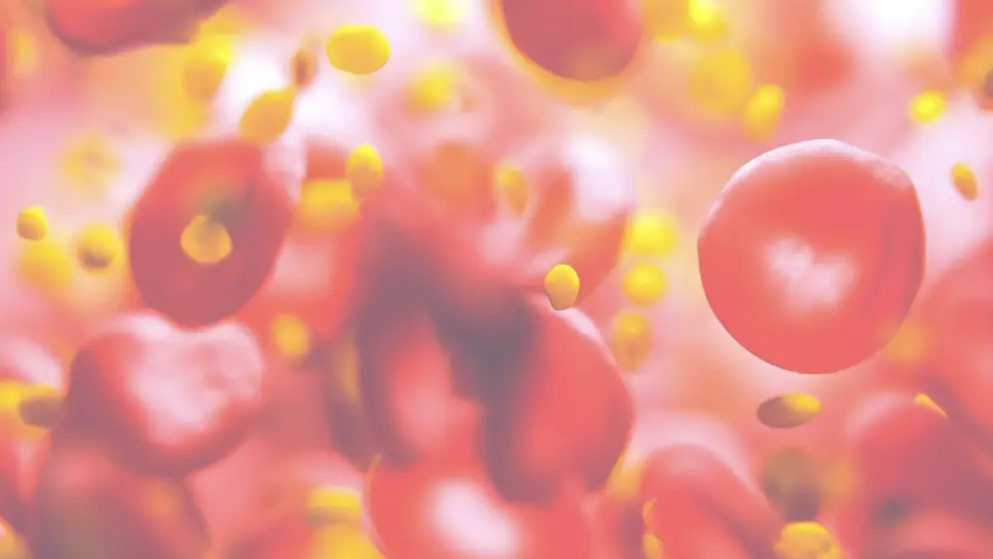
Top-line results from the phase III AEGIS-II trial evaluating CSL 112 (apolipoprotein A-I [human]) following an acute myocardial infarction
CSL announced top-line results from the Phase III AEGIS-II trial evaluating the efficacy and safety of CSL 112 (apolipoprotein A-I [human]) compared to placebo in reducing the risk of major adverse cardiovascular events (MACE) in patients following an acute myocardial infarction (AMI)
The study did not meet its primary efficacy endpoint of MACE reduction at 90 days As a result, there are no plans for a near-term regulatory filing. There were no major safety or tolerability concerns with CSL 112.
"We look forward to sharing our scientific learnings regarding cholesterol efflux and recurrent cardiovascular events," said C. Michael Gibson, M.S., M.D., Baim Institute for Clinical Research, Harvard Medical School. "We will continue to analyze the findings and share the full results in the coming months."
Further analysis of AEGIS-II is ongoing and primary results will be presented at the American College of Cardiology Scientific Sessions, held April 6, 2024, and published in a peer-reviewed journal.
"Substantial work remains to fully analyze and understand the complete data and then to determine any development path ahead for this asset. We thank all the patients, families, caregivers, and investigators for their support and participation in the AEGIS program," said Dr. Bill Mezzanotte, Executive Vice President, Head of R&D, for CSL. "AEGIS-II is the most ambitious study in our company's history and we are proud of the quality of the study we delivered and the enhanced capabilities we developed to do so. We plan to apply these capabilities as well as our plasma protein platform to future unmet medical need in cardiovascular and metabolic conditions as well as those in our other strategic therapeutic areas."

